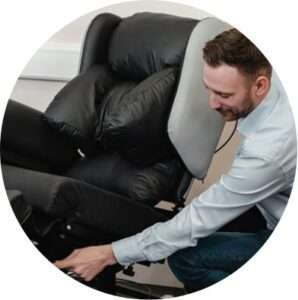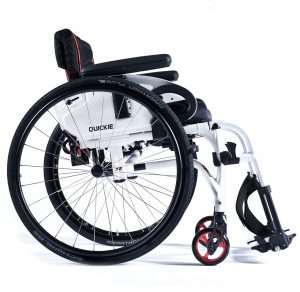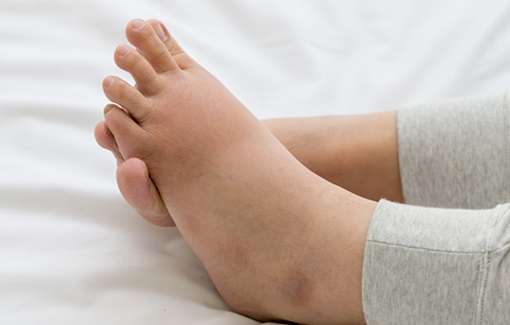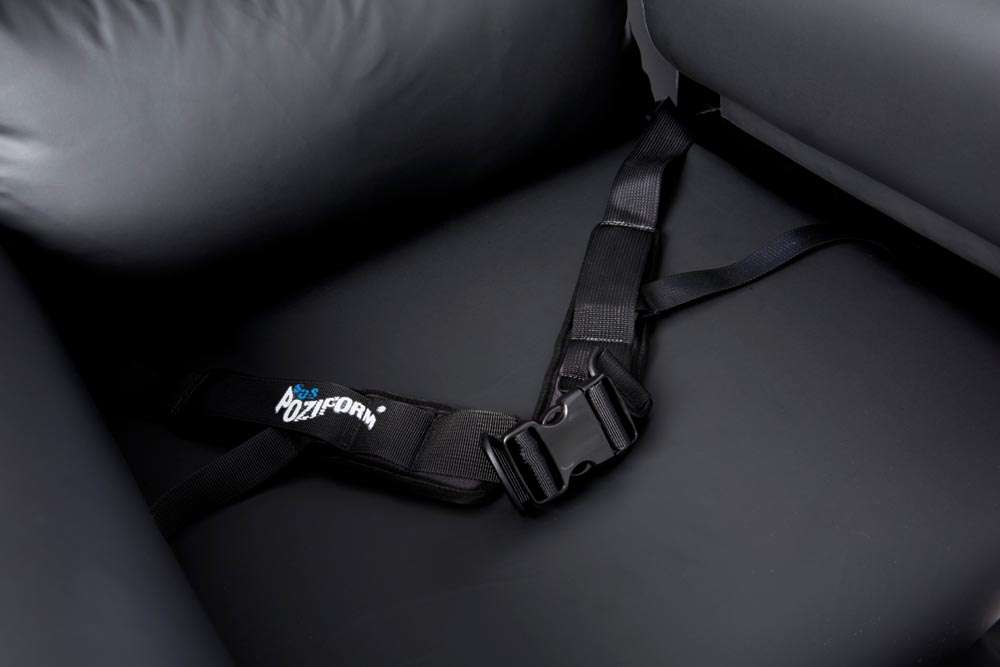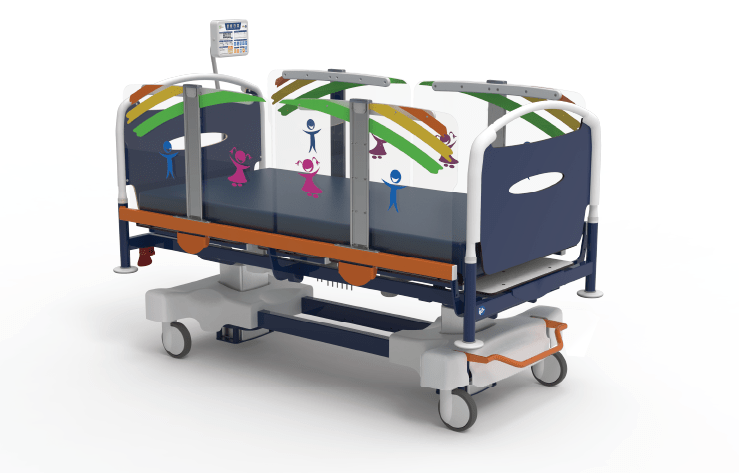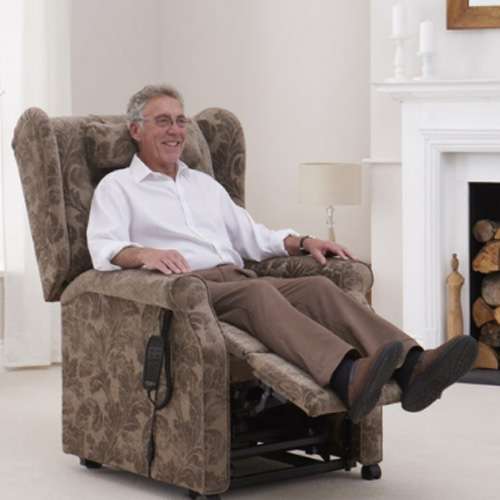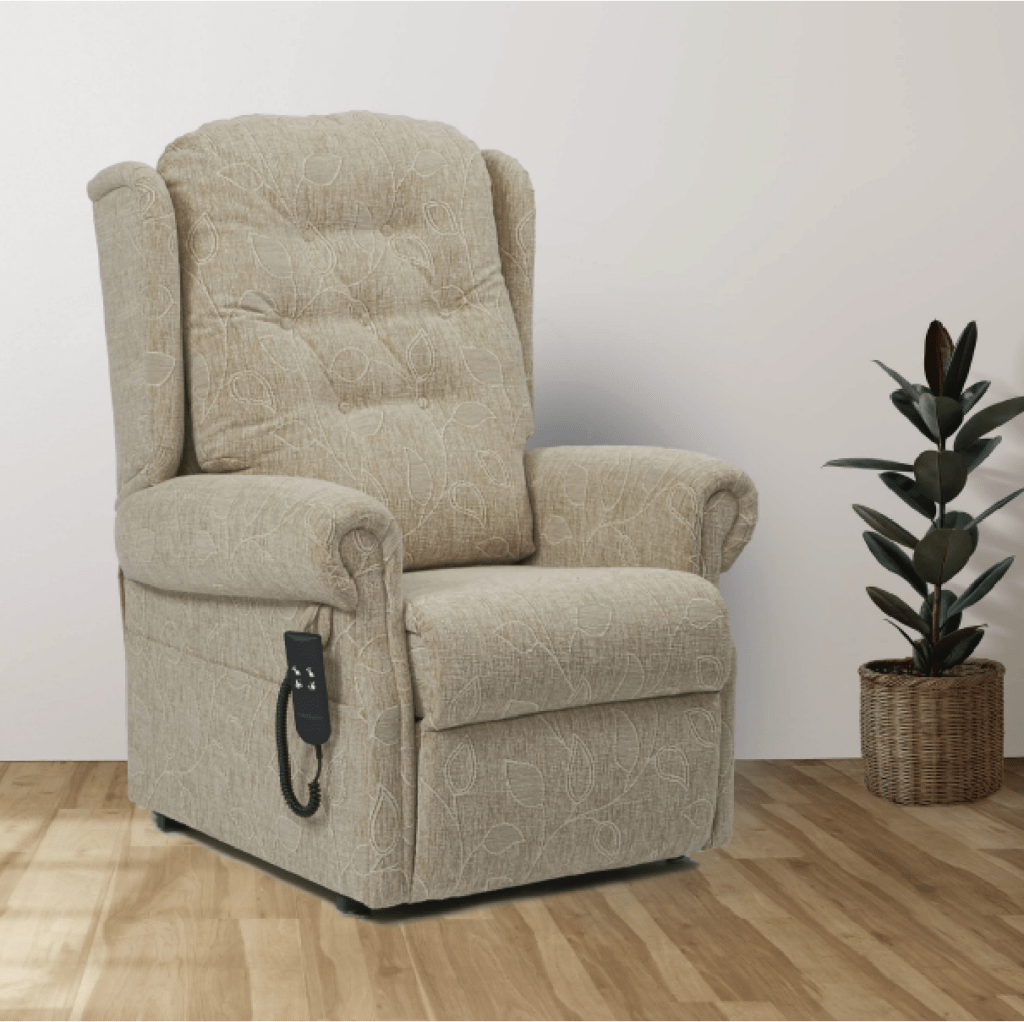Active User wheelchairs are more specialised and need tailoring to the needs of the individual. Whereas normal manual wheelchairs come in standard ‘off the shelf’ sizes, active user wheelchairs are customized to the individual, therefore you need a qualified wheelchair specialist to assess your needs before specifying the right chair for you.
Jump straight to...
Active user wheelchairs vs standard self-propelled wheelchairs
As the name suggests, active user chairs are for those with more strength and movement in their upper body to propel themselves around. They are built for speed and manoeuvrability, whereas standard self-propelled wheelchairs are more for practicality and comfort. A good degree of core strength is needed to maintain an upright posture in an active user chair.
Active user wheelchairs are used in sports due to their light weight and compact design. Standard self-propelled wheelchairs are typically heavier, but on some models like the Karma Ergo 115 the wheels can be easily removed for storage and transport with a quick-release button.
Design and engineering are very different between the two types of chair. Active user chairs have a different centre of gravity and are designed to increase propelling power with closer hand rims and angled wheels.
The lightest active user wheelchair in our range currently is the Krypton, a carbon fibre chair that weighs in at an incredible 3.65 kg.
Folding active user wheelchairs vs rigid frame
Folding wheelchairs are the obvious choice for carers or families needing to lift the chair in and out of a car, and take up less space when not in use.
However, rigid wheelchairs can be a preferred choice for some when it comes to transport. Most have folding backrests and quick release wheels that make them nice and compact, allowing the user to easily lift the chair over themselves and into the car. They are often a lot lighter than folding wheelchairs due to having no folding mechanism under the chair.
Portability is not the only key factor to consider when deciding between a folding or rigid wheelchair. The choice can have a big impact on performance too. Rigid wheelchairs are a lot more efficient to propel as less energy is lost to “flex” in the frame, plus they are much lighter. About 75% of active user wheelchairs currently on the market are rigid, therefore we would recommend this type unless there is a strong reason for it to be folded.
Transferring into cars with an active user wheelchair
If you are transferring forward into a vehicle, the footrests are important to consider. Normally a rigid frame chair will have a fixed front frame and a central footplate, whereas folding chairs will have separate swing-away footrests to provide space in front of your chair when transferring. There are exceptions, some rigid and folding have options for both. An additional feature on some rigid-framed chairs (e.g. Quickie Nitrum) is a flip-up footrest to create foot space for transfers.
The seat height is an important factor when transferring to chairs, beds and vehicles. The ideal scenario is a seat that is slightly higher than the surface you are transferring to. However, bear in mind if you need to wheel under tables or desks.
Conclusion
Due to the specialisation required, we strongly advise having a professional assessment before buying an active user chair.
You can book an active user assessment with one of our wheelchair specialists. Our showroom is an ideal venue, with our full range of wheelchairs, level access and refreshment facilities.
If you are not situated in our area we are more than happy to visit your home on a no-obligation basis to carry out an assessment.
Interested? Contact us for more information.



